Trauma fills the Jewish soul. The suffering may be passing obscurely through the generations. Rabbi Tirzah Firestone’s book “Wounds into Wisdom” explores intergenerational trauma and in particular, the kind experienced by the children and grandchildren of Shoah survivors. Yet, the epigenetic passage of Jewish trauma is as old as Torah. One of the earliest examples is the tale of Joseph.
Joseph’s siblings sold him into slavery. Later his Egyptian master condemned Joseph to prison. Joseph found salvation through his skill as an interpreter of dreams. While in prison, Joseph interpreted the dreams of other prisoners. That skill led to a call from the palace to interpret Pharaoh’s dreams. After successfully interpreting Pharaoh’s dreams, Pharaoh appointed Joseph to serve as second in command over Egypt. Pharoah gave Joseph a wife with whom Joseph has two sons, Ephraim and Menasseh.
וַיִּקְרָ֥א יוֹסֵ֛ף אֶת־שֵׁ֥ם הַבְּכ֖וֹר מְנַשֶּׁ֑ה כִּֽי־נַשַּׁ֤נִי אֱלֹהִים֙ אֶת־כׇּל־עֲמָלִ֔י וְאֵ֖ת כׇּל־בֵּ֥ית אָבִֽי׃
Joseph named the first-born Manasseh, meaning, “God has made me forget completely my hardship and my parental home.”
וְאֵ֛ת שֵׁ֥ם הַשֵּׁנִ֖י קָרָ֣א אֶפְרָ֑יִם כִּֽי־הִפְרַ֥נִי אֱלֹהִ֖ים בְּאֶ֥רֶץ עׇנְיִֽי׃
And the second he named Ephraim, meaning, “God has made me fertile in the land of my affliction.” Genesis 41:52 – 53.
Through his children, Joseph both addressed his own trauma and passed on his damaged psyche to the next generation. Joseph’s pain upon his sons. Long after Joseph’s death, Ephraim and Menasseh served as a testament to his suffering.
Intergenerational trauma is not always transferred so deliberately. As Rabbi Firestone explains, the psychic damage can pass from a parent through silence or angry outbursts, through the inability to show love or smothering protection. While the experience of Shoah survivors is the most profound example, inter-generational trauma can be anyone’s experience.
Among the many insights Rabbi Firestone shares, I had deeply personal reactions. I wonder what traumas I inherited and how I can address them. Perhaps they show up in my dreams or in my times of melancholy. My other reaction was to contemplate how many people have I known who suffer from inherited trauma. Had I been kind or condemning when others acted out? Did I make room for the possibility that outbursts or destructive behaviors might have been inherited and not premeditated?
Not every person who has suffered trauma will be as understanding as Joseph. He specifically named his children as a testament to Joseph’s tortured history. Without a moniker such as Ephraim or Menasseh, we may not know that trauma has been passed down within a family. Without knowledge of the trauma, we might not know what motivates friends or co-workers to act distastefully or disruptively. What we can know, is that we have the capacity to be thoughtful and forgiving. As Plato said, “be kind, for everyone you meet is fighting a hard battle.”
Rabbi Evan J. Krame

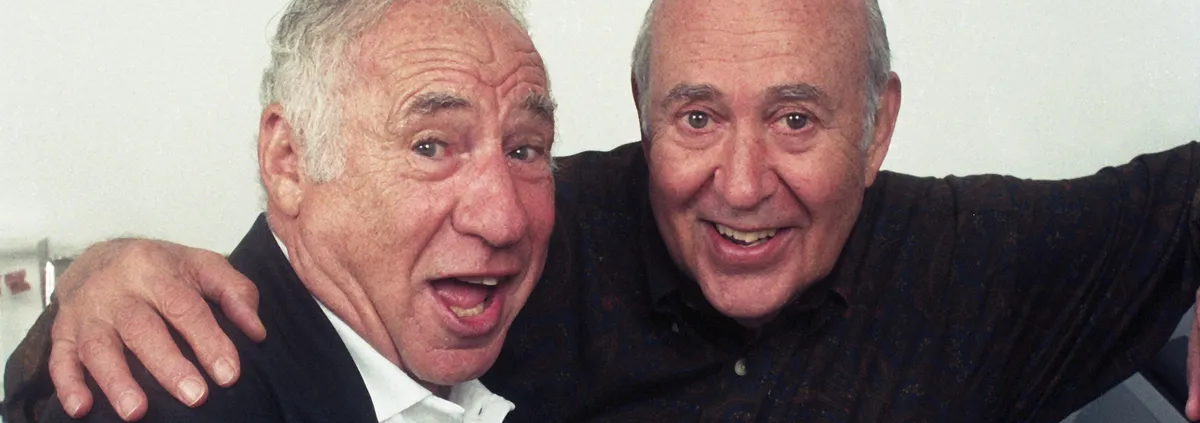
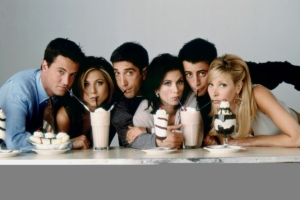 e wisdom about friendships.
e wisdom about friendships.
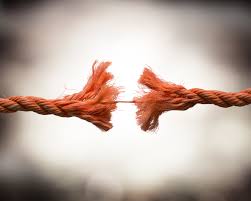
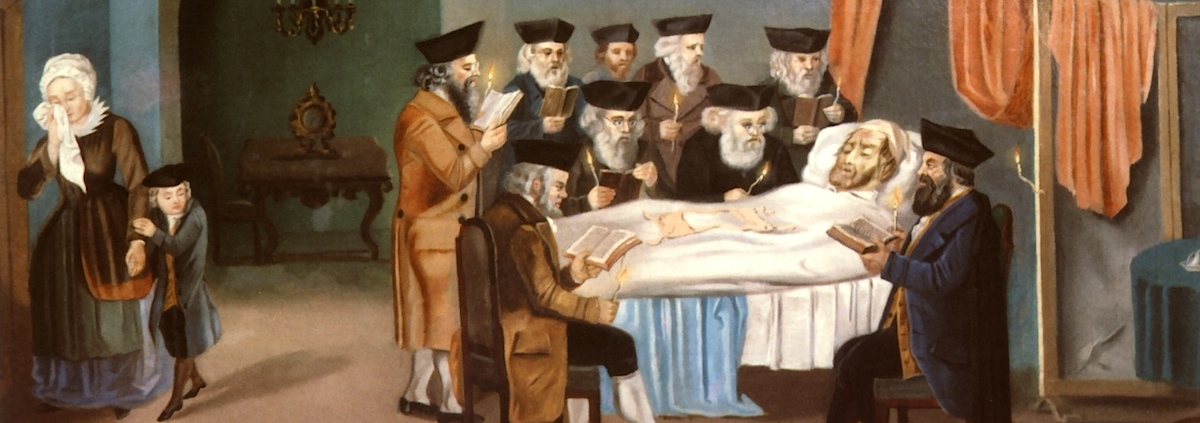
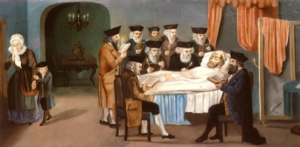 ding of the body) may be upcharges. The three funeral homes in the local area provide funerals at widely varying price points, and with increasing levels of service.
ding of the body) may be upcharges. The three funeral homes in the local area provide funerals at widely varying price points, and with increasing levels of service.



 Evan J. Krame was ordained as a rabbi by the
Evan J. Krame was ordained as a rabbi by the